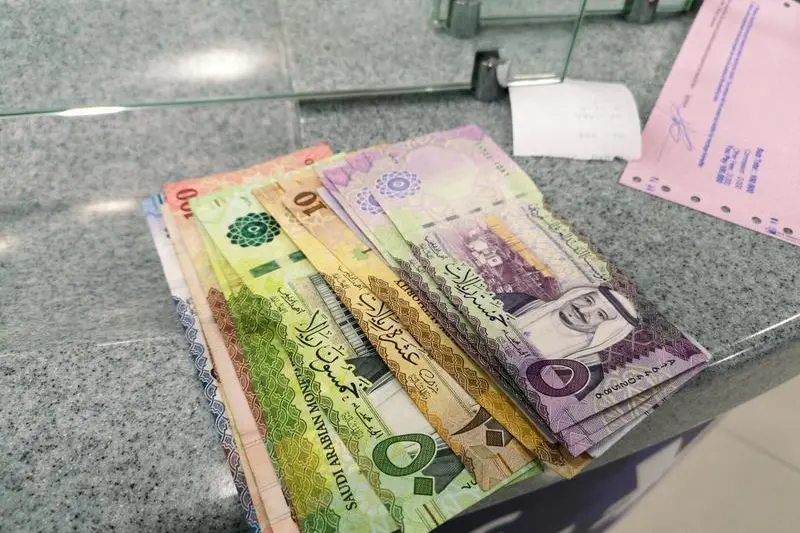PHOTO
Saudi banks maintained sound financial metrics in 2019 but witnessed a mild deterioration across most core metrics in a more challenging operating environment, Fitch Ratings said.
According to Fitch, asset quality of banks in the kingdom remained under pressure last year particularly in the contracting, retailers and retail/wholesale trade sectors while loan impairment charges (LICs) to average gross loans jumped due to deterioration in the corporate books.
Loan loss allowances fell to 117 percent (still adequate) of impaired loans at the end of 2019 and remained low as a percentage of gross loans (2.7 percent). Operating profit/risk-weighted assets deteriorated in 2019 due to higher LICs, mostly against corporate exposures, the rating agency said.
The average net interest margin remained strong and steady at 3.7 percent while costs stayed well managed, with a 40 bp reduction in the average cost/income ratio. Fitch noted that the average gross loans/deposits ratio increased slightly in 2019 but liquidity remained sound.
Expectations for 2020
“Saudi banks' Standalone Credit Profiles are likely to weaken as a result of the coronavirus and lower oil prices, despite the timely support measures introduced by the Saudi Arabian Monetary Authority, including prompt payments for government contractors,” the ratings agency said.
The Saudi government announced a 120 billion riyals ($31.9 billion) financial stimulus package to mitigate the economic crisis. The package consists of initiatives worth 70 billion riyals to support the private sector, including the postponement of tax payments and exemptions of some government dues.
The Saudi Arabian Monetary Authority (SAMA) introduced a 50 billion riyals package to support the banking sector, financial institutions and SMEs.
Fitch expects to see first pressure on banks' profitability. It also expects asset quality to weaken, but notes that the true impact will be masked by loan deferral programmes and regulatory flexibility for banks to recognise impairments under IFRS 9.
“If economic disruptions caused by the coronavirus and lower oil prices remain for longer, asset-quality problems and lower profitability will put pressure on currently adequate capital buffers. Liquidity is less of a risk as the government has already taken measures, including debt issuance, to inject deposits in the banking system,” Fitch said.
(Writing by Gerard Aoun; editing by Seban Scaria)
( gerard.aoun@refinitiv.com )
#Saudi #Fitch #Banking #Economy
#COVID-19 #Real Estate #Property #UAE #April
Disclaimer: This article is provided for informational purposes only. The content does not provide tax, legal or investment advice or opinion regarding the suitability, value or profitability of any particular security, portfolio or investment strategy. Read our full disclaimer policy here.
© ZAWYA 2020




















